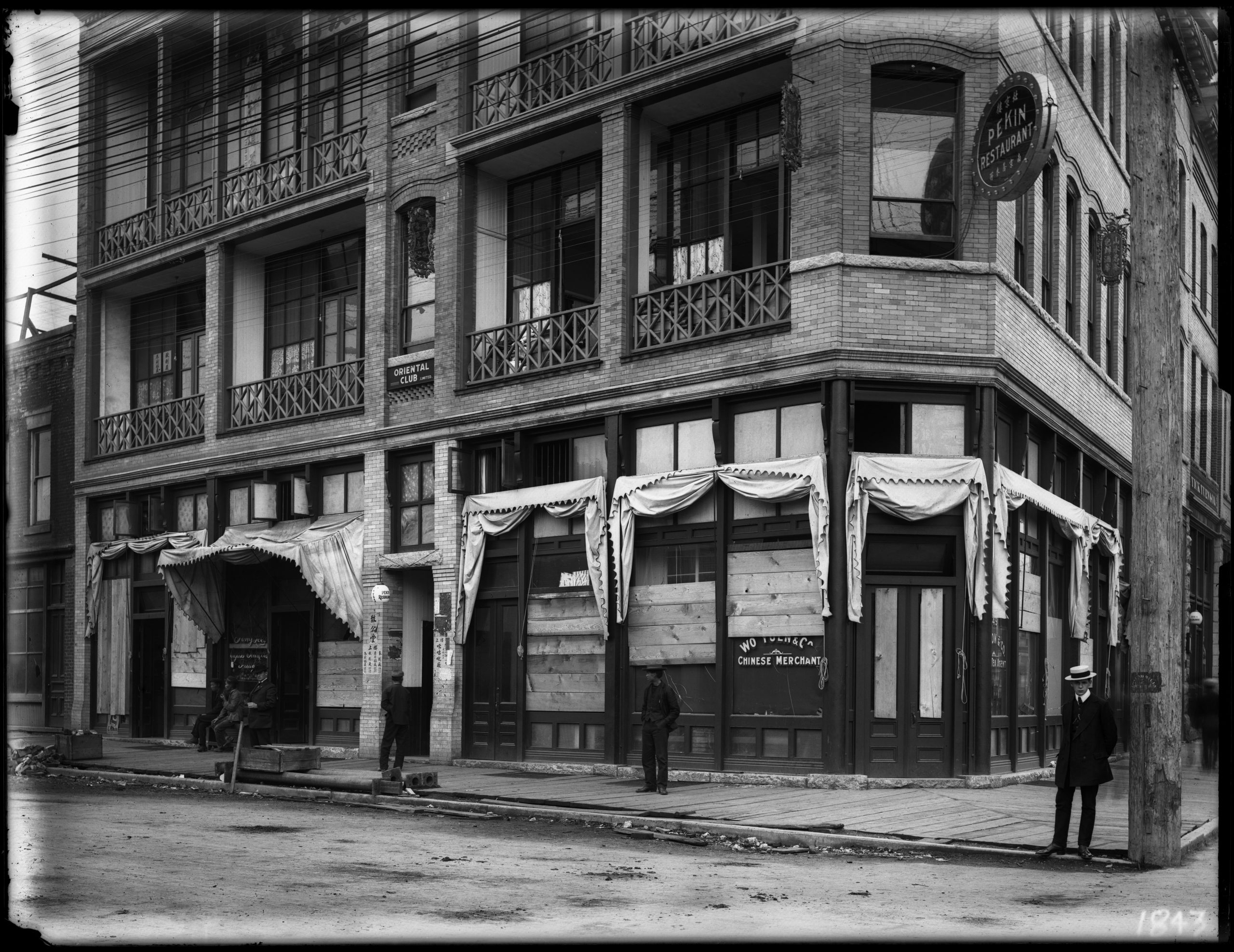3.3 Populations Targeted for Substance Use

During the construction of the Canadian Pacific Railway (CPR) in the late 1800s, Chinese labourers were poorly compensated, faced dangerous working conditions and endured discriminatory and racist attitudes (British Columbia, n.d.). These culminated in the Vancouver Race Riots of 1907 (CISUR, 2015). Chinese Canadians were also the targets of various Canadian policies, starting with drug polices (i.e., the 1908 Opium Act and the 1911 Opium and Drug Act) that focused on opium smoking.
In the early 20th century, the consumption of opium was extremely common. Prevailing views of the dominant culture, however, were that the “respectable” way to consume opium was by drinking it (i.e., laudanum), the form of consumption used largely by the white middle-class (CISUR, 2015). In contrast, the “degrading” and “immoral” method of opium use was smoking it, which was the often preferred form of consumption among Chinese Canadians (Malleck, 1997). It was this method of use that resulted in harsher criminal punishments. As noted by the Canadian Drug Policy Coalition (2021, para. 27), “criminalized drugs have long been linked to marginalized and racialized groups, who have been depicted as outsiders to the nation threatening moral Canadians.” In an attempt to control racialized communities and their use of drugs, prohibitionist drug policies were enacted throughout the 20th century (Canadian Drug Policy Coalition, n.d.).
Click the links to learn more about the racist nature of early Canadian drug policies:
The Racist History Behind Canada’s Marijuana Prohibition
The Influence of Opium and Cocaine Panic in Canadian Drug Policy

